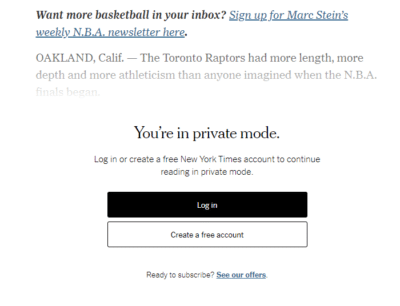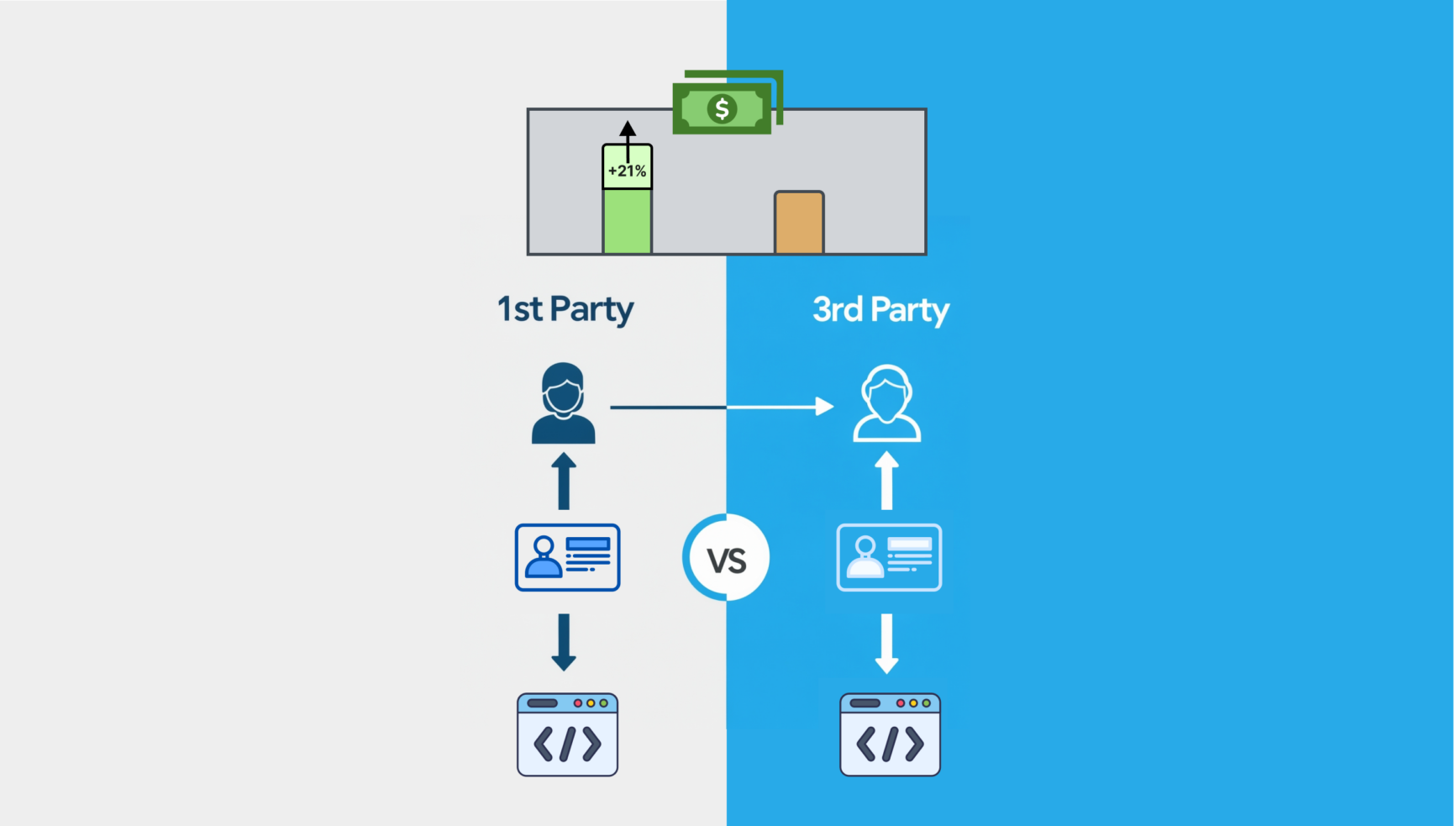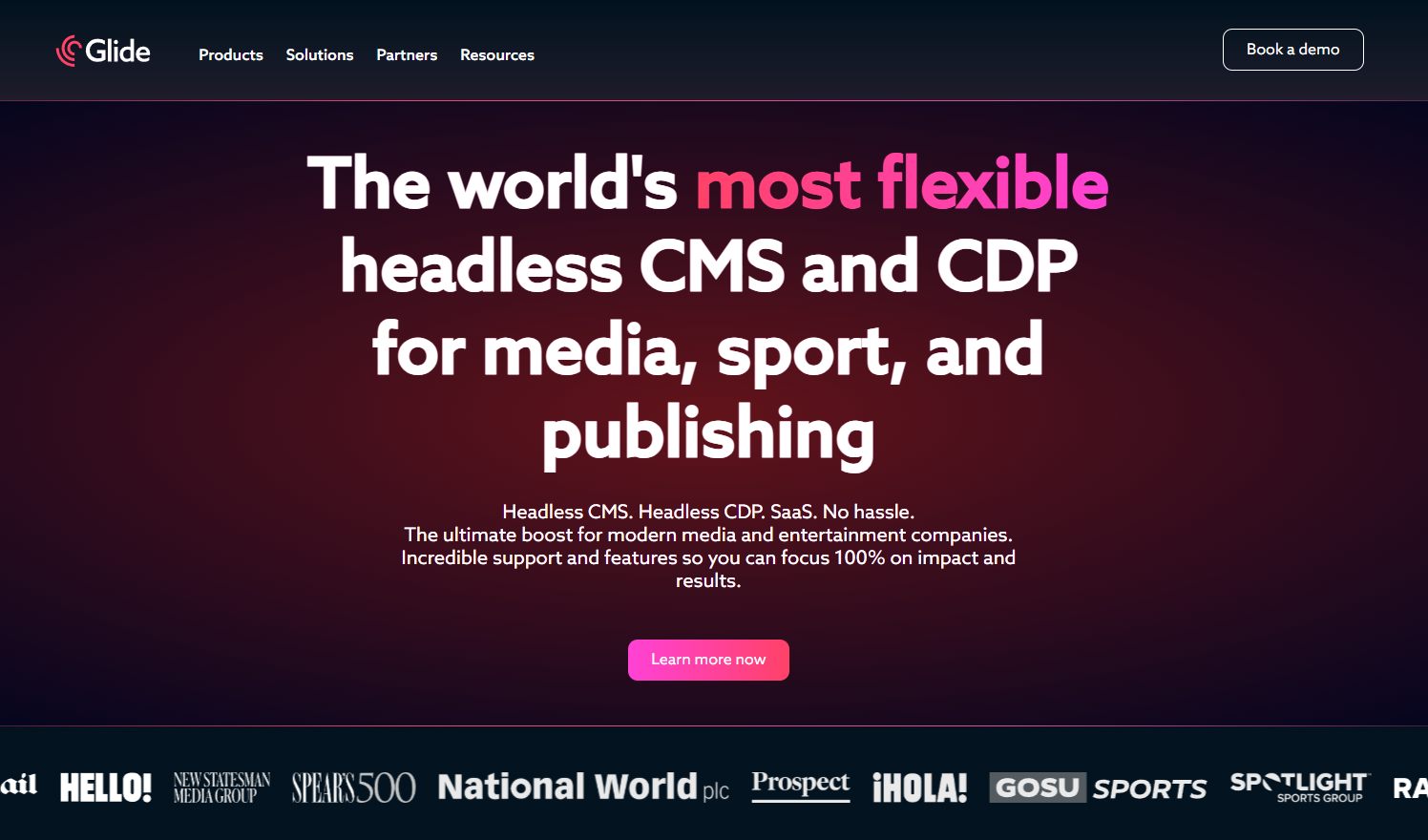What’s Happening:
Google has confirmed that it is making changes to its Chrome internet browser, closing a loophole that made it possible for websites to detect and intercept users who were privately browsing in incognito mode.
Why it Matters:
The Google Chrome change will take effect on July 30. For digital publishers who use metered paywalls, this could spell trouble as the Chrome update may allow incognito users to bypass the log-in/subscribe step for continued access to content.
Digging Deeper:
Metered paywalls allow users to read a certain number of free articles or allow access to content for a specified period of time — after which, the user must upgrade to a paid subscription for continued access to content behind the paywall. This is unlike hard paywalls, which require subscription/log-in access from the beginning to any content residing behind it.
When readers are browsing from an incognito, private session in Chrome, publishers were still able to track those users and require them to log in or switch to normal browsing mode in order to access the content behind the metered paywall. With the new changes, however, this tracking ability will end.
Some of the major publishers affected by the Chrome incognito browsing changes include The New York Times, Washington Post, Bloomberg, Digiday and Wired. Many publishers that currently operate on a metered paywall may consider moving to a hard registration paywall because of this loss of ability to track incognito browsing — a change that has already been evolving.
- Nieman Lab reported that many publishers have already been moving towards tighter metered paywalls, lowering the number of free articles and using predictive analytics for personalization and to block incognito browsers.
- A Reuters Institute survey found that 52% of publishers were making a top priority of building logged-in readers for 2019.
Google, like other major technology platforms, has long been beefing up its user privacy controls amidst increasing regulatory scrutiny and consumer concerns over data usage and tracking. Barb Palser, partner development manager of News and Web Partnerships at Google, offered some recommendations to publishers in light of these Chrome changes:
Content from our partners
- Reduce the number of metered free articles
- Require free registration to view content
- Harden paywalls (i.e., make them stricter)
The Bottom Line:
While digital publishers have been moving towards tighter paywalls and log-in requirements, stricter requirements come with the concern of backfiring if readers become more frustrated with registration and subscription barriers.












